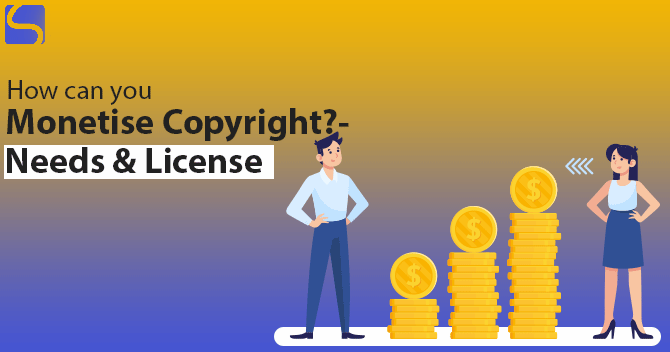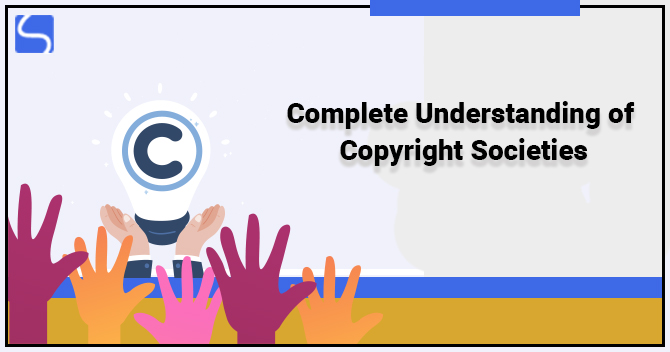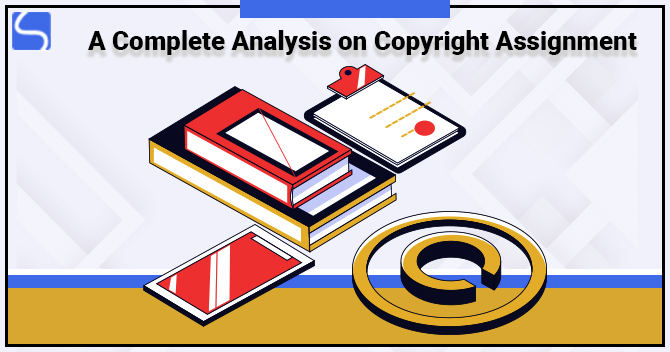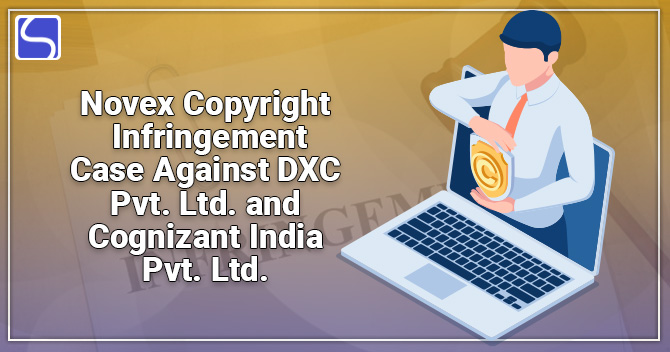How can you Monetise Copyright?- Needs & License

Siddharth Verma | Updated: Nov 19, 2021 | Category: Copyright
Monetization of Copyright is the process of selling, Transferring, or liquidating intangible assets. The owner of the Copyright contractually transfers the rights to another person to generate revenue. Copyright shall have economic rights include the right to reproduce, distribute, perform/broadcast, translate, or modify the work. Adding the copyright sign to the printed text or indicating that the item is copyrighted at the bottom of a webpage is usually sufficient legally. Scroll down to get detailed information in respect of how to monetise Copyright.
Table of Contents
Why is there a need for Copyright?
- The need for copyright registration ensures the public notice.
- Legal proof of ownership will help prevent an expensive argument over actual ownership in the event of an infringement.
- Registration is the proof of the validity of the Copyright and will prevalent future challenges to the work.
- In the occurrence of the violation, a copyright holder should be eligible for both civil (injunction, damages, and accounts) and criminal remedies.
- Conclusively, a creator cannot file a lawsuit in court unless they have valid, registered Copyright. As an outcome, it makes the most sense to register a work as soon as feasible once it is created.
Copyright Licensing and Assignment to monetise copyright
A license is frequently provided in the form of a licensing agreement; the agreement will typically be immediately distinguishable as a license rather than an assignment since it will usually indicate a period for which the permit is granted. Perpetual permission can be granted in respect to Copyright; these are licenses that are granted indefinitely. The licensor has the option of granting a non-exclusive, exclusive, or sole license. A non-exclusive license allows the licensor to give licenses to other people or businesses for the same copyrighted work. On the other hand, an exclusive license prohibits any individual or corporation other than the stated licensee from using the copyrighted work, including the licensor. A non-exclusive license does not give the licensee the right to enforce the intellectual property right in the event of an infringement allegation. An exclusive license, on the other hand, allows the licensee to file a claim for copyright infringement. A license and a copyright assignment are different in manner, and frequently they are confused, though an individual or company has given a license or an assignment which is ultimately up to the copyright holder. A license is commonly provided in the form of a licensing agreement; the agreement will usually be immediately distinguishable as a license rather than an assignment since it will usually specify a time duration for which the license is granted. Perpetual licenses are the licenses that are issued for an endless amount of time in relation to Copyright.
To license a work, the following steps must be taken:
- Elucidate the territorial Limit
- Identify the work to avoid confusion about the topic of the license.
- Specify which rights are granted to the copyright holder from the multiplicity of rights granted to the copyright holder.
- Limit the term so that the license does not continue indefinitely.
- Determined the royalty or got the desired compensation in exchange for allowing a third party to utilize your work.
- Ascertain the conditions of the agreement’s extension, amendment, and termination.
- Licensing a work permits you; the real owner of the work charges a licensing fee whenever they have in practice. If the party to the licensing agreement utilizes the copyrighted work to produce sales, a fee may be agreed upon. Royalty is a legal charge for a profit-making firm to continue using your intellectual property.
How to Monetise Copyright?
In this Era, there are ample opportunities for the creators to monetize their work Market your IP[1] work can help you locate suitable buyers for your rights. Furthermore, writing a narrative, song, movie, or software allows you to capture the attention of your target audience and profit from your work for the products of the creative industries; there is a big and rising market. In reality, as the digital Era has spread over the world, this market growth rate has been phenomenal in recent years. The copyright owner can submit creative materials on online platforms like YouTube and Github to earn money based on engagement rates. Other services, such as Fiverr and UpWork, can help you promote your specialized ability or the material you’ve developed. Intermediaries between supply and demand are those looking for similar services. As a result, users can monetise their services and products for a nominal price when copyright protection is automatically provided.
What do you mean by the Term Royalty?
A royalty is a determined payment made by one person for the use of another person’s assets. Royalties for using intangible assets, such as copyrights, trademarks, or franchise model agreements, are included in the payment. For the usage of natural resources, such as mining leases, royalties are also paid. Royalty agreements often grant only restricted access to assets or resources.
Method to Determine Royalty- Monetise Copyright
The parties to a license have the freedom to choose the royalty calculation method that best suits their needs. Calculation methods include the following:
- A single payment in advance;
- A set amount that is paid regularly;
- A fee dependent on the number of units manufactured or sold;
- Royalties on early-stage technologies can be calculated depending on development costs.
Conclusion
We conclude here that, to monetise Copyright, one should take the help of an online platform to sell their work for earnings. Any piece of art is a valuable possession that should be handled as such. All creators can gain from their work if they have the correct tools and knowledge. They can keep it safe from anyone who might try to sell it as their own.
Read our Article:A Complete Analysis of Software Copyright Infringement in India














